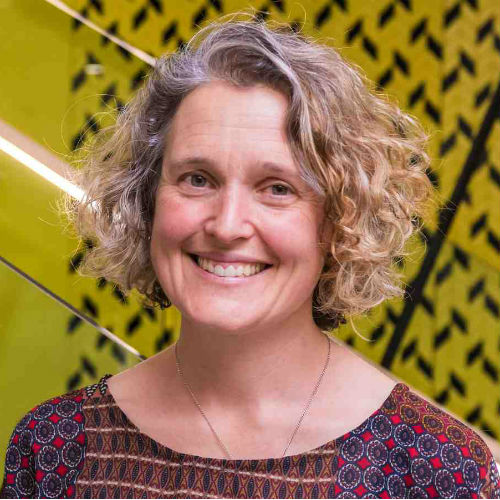Science Communication and Public Engagement
As well as researching public engagement with science we communicate with a range of publics through writing – in books, magazine articles, podcasts and blogs.
We also initiate and facilitate a range of events, including seminars, festivals, educational events, workshops and training in specific aspects of science communication (such as communication about controversial sciences or climate change). We have played leadership roles in the engagement and communication strategies and activities of several cross-institutional science research programmes, including the Deep South National Science Challenge, Te Pūnaha Matatini Centre of Research Excellence, and the MBIE-funded NZ SeaRise programme. Examples of some recent science communication outputs by our team are here:
- Coming soon to a beach near you, a creative nonfiction essay about sea level rise by Rebecca Priestley
- Podcast series on sustainability hosted by Sarah-Jane O’Connor
- Spinoff article featuring Rhian Salmon
- Hazel Godfrey’s Pinches of Pain blog where she weaves together science and lived experience of chronic pain
We take a multi-disciplinary approach to our research into science communication and public engagement, often collaborating with scientists, and incorporating theories and methods from across the humanities and social sciences with the aim of better understanding and informing the practice of public engagement with science.
Our research builds on the distinctive science communication landscape in Aotearoa, which includes a relatively small and well-connected community of science communication practitioners and scholars, relatively easy access to science media and policy-makers, and a strong influence from mātauranga Māori and indigenous cultural practices.
We have strong connections with the Science Media Centre and the Science Communicators Association of New Zealand, with Sarah-Jane O’Connor as president of SCANZ.
The School of Science in Society research students are exploring topics such as the role of storytelling in communicating about sea level rise in Aotearoa; design approaches to fostering reflexive science communication; applying methodologies from psychological science to examine communication of controversial scientific issues; and rural attitudes towards weather forecasting and climate change projections.
Examples of recent research outputs related to science communication and public engagement with science include:
- Going viral: A science communication collaboration in the era of COVID-19 and social media
- The ‘Engagement Incubator’: using design to stimulate reflexivity about public engagement with science
- Public understanding of climate change-related sea-level rise.
- Fighting COVID-19 with the team of 5 million: Aotearoa New Zealand government communication during the 2020 lockdown
- Citizens, Scientists, and Enablers: A Tripartite Model for Citizen Science Projects
- Aotearoa New Zealand: Moving to participatory science and bicultural knowledge communication
- Bridging the gap between science communication practice and theory: Reflecting on a decade of practitioner experience using polar outreach case studies to develop a new framework for public engagement design.
- Engaging new Antarctic learners and ambassadors through flexible learning, open education and immersive video lectures.
- Change Communication in Aotearoa New Zealand
For more information, please contact:
Professor · Deputy Head of School
School of Science in Society



